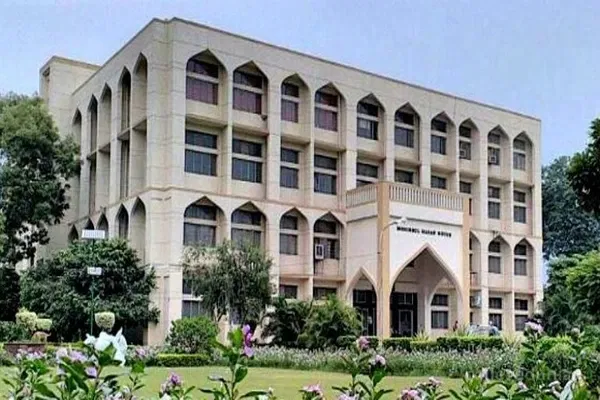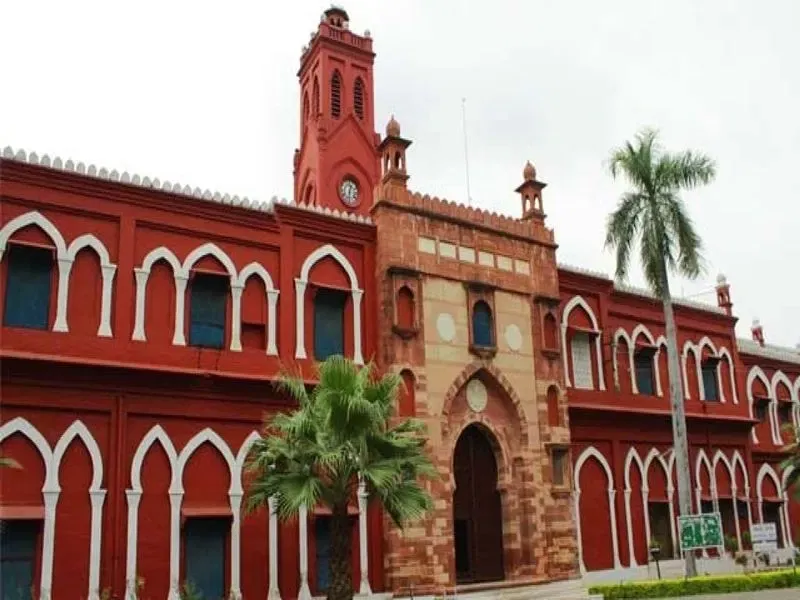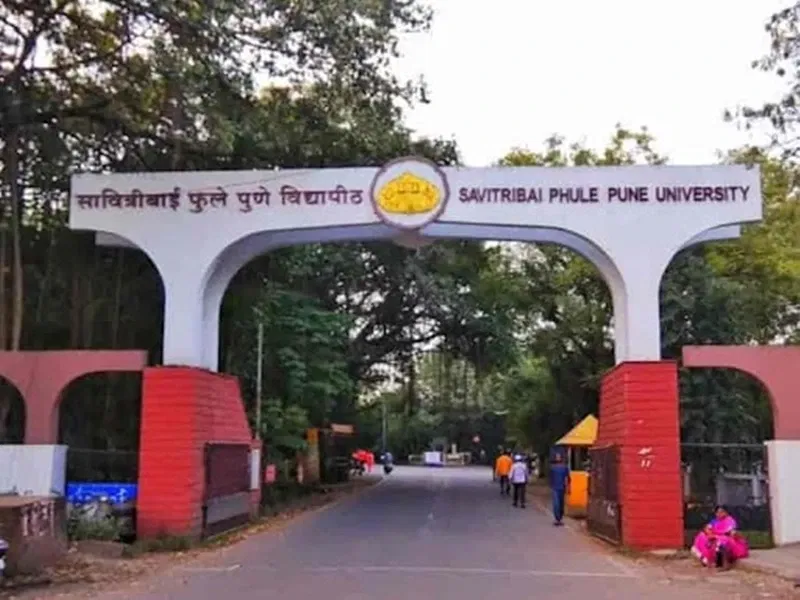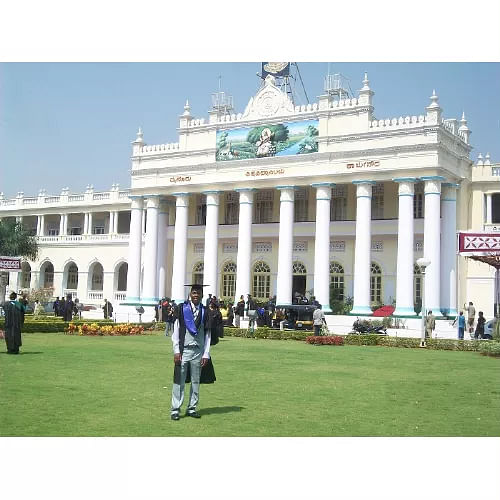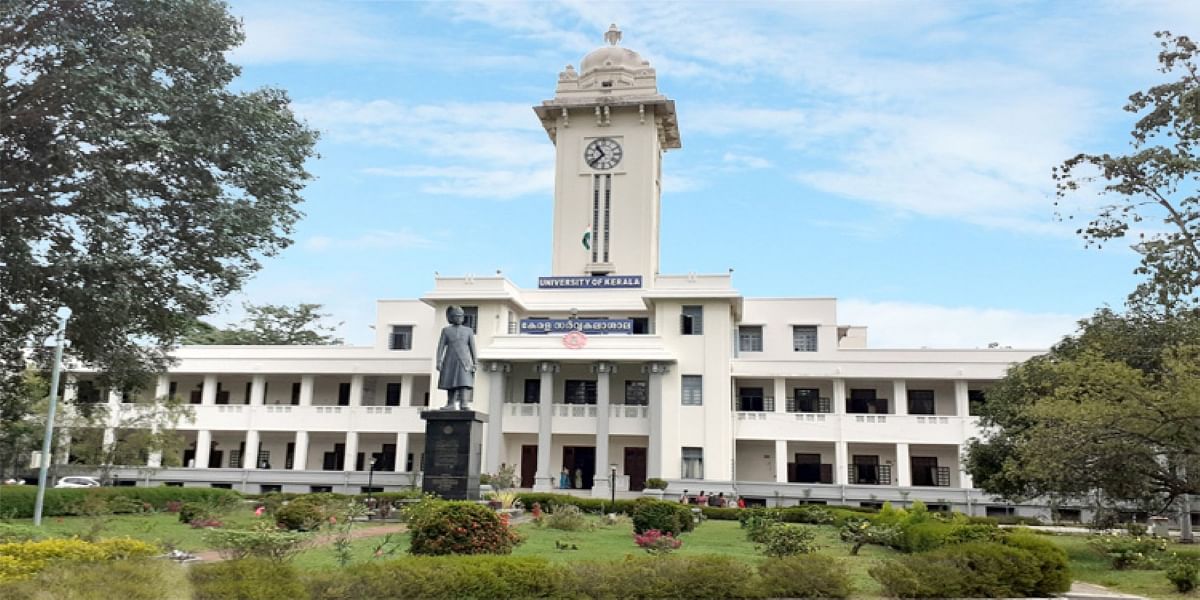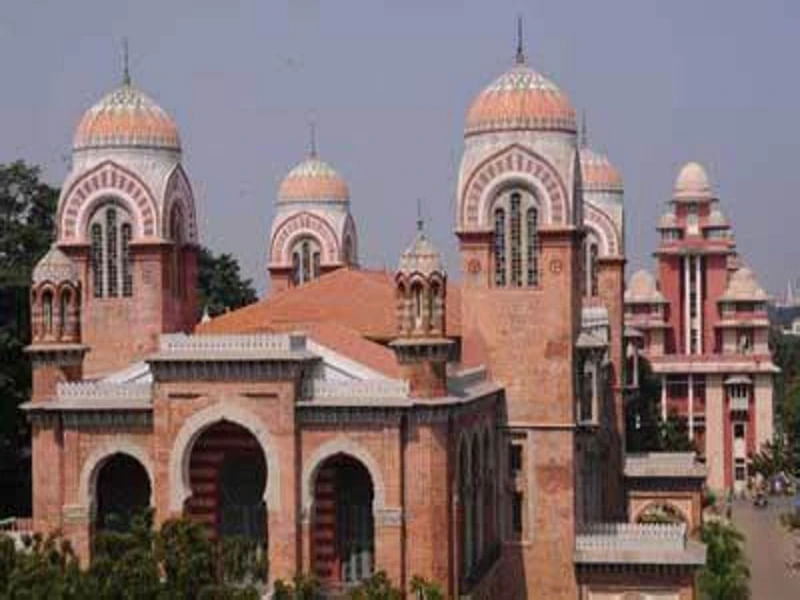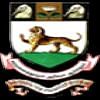M.Sc Geography Syllabus and Subjects

The M.Sc Geography is a two-year postgraduate program conducted for four semesters. The Master of Science in Geography syllabus consists of both core and elective papers. Some of the subjects taught during this course are environmental geography, remote sensing, population geography, GIS, etc.
Semester Wise M.Sc Geography Syllabus
The course deals with geoscience, geographic perception of space, resource and resource management, climate, topography, soil, vegetation types, etc. The M.Sc Geography course has been designed with the objective of making the students learn about the various perspectives of geoscience, natural resources, sustainable utilization and management, climatic regions, climate change, soil, and vegetation types. The semester wise M.Sc in Geography syllabus is:
|
Semester I |
Semester II |
|
Modern Geographical Thought |
Analytical Geomorphology |
|
Environmental Geography |
Introduction to research in Geography |
|
Geography Information System |
Remote Sensing |
|
Population Geography |
Environment and Sustainability |
|
Semester III |
Semester IV |
|
Contemporary Human Geography |
Geographies of Disasters in Kerala |
|
Urban Geography |
Climatology and Climate Change |
|
Introduction to Field Research In Geography |
Social and Cultural Geography |
|
Ancient Geography of India |
Dissertation |
M.Sc Geography Subjects
The Master of Science in Geography subjects has been structured and designed in order to provide in-depth theoretical and practical knowledge in geography. The M.Sc Geography students are exposed to current events that lead to climate change and their consequences, and to suggest measures for sustainable resource and management. The M.Sc Geography subjects list is as follows:
- Dynamic Geography
- Economic geography
- Climatology and oceanography
- Man and Natural Environment
- Advanced geography in India
M.Sc Geography Course Structure
The M.Sc Geography program includes core courses, optional/ elective courses, and interdisciplinary courses. Semester system and choice-based credit system are followed. Each semester includes four theory courses and one practical course. The same pattern is followed up to the third semester. The students have to undergo three theory courses and submit one dissertation at the end of the fourth semester. The course structure is as follows:
- IV Semesters
- Core Subjects
- Elective Subjects
- Practical Workshops
- Project/ Thesis Submission
M.Sc Geography Teaching Methodology and Techniques
The M.Sc Geography students are exposed to virtual classes, PowerPoint presentations, e-content, e-library resources, etc. Experiential learning is facilitated through practical, field visits and projects. Interactive learning is facilitated through group discussion, quizzes, conferences, etc. Listed below are the teaching methodology and strategies in general:
- Group Projects
- Conceptualized Learning
- Traditional Classroom-Based Teaching
- Practical Lab Sessions
- Talks from guest speakers
- Seminars
- Semester Abroad Opportunities
M.Sc Geography Projects
The M.Sc Geography project is executed in the fourth semester on a specific topic in the subject under the guidance of the supervisor. After completion of the Project, the student has to submit the dissertation for evaluation. It helps the students to motivate them in the search, to enhance their curiosity, to get hands-on training and reporting.
- Socio-economic effect of population growth in Nigeria: A study of Celina local government area of Kogi state
- Technical consideration of the effect of solar radiation on Nigeria
- Determination of flowing Bottom-hole pressure from well-Head data
- Effects of Gully erosion on the environment
- Effects of global warming
M.Sc Geography Reference Books
The M.Sc Geography students have to follow the references prescribed by the concerned universities or autonomous colleges. It is available both online and offline for the students. Some of the popular M.Sc geography books are suggested below:
|
Name of the Books |
Authors |
|
Introduction to Geography |
Victoria Getis, Mark Bjelland |
|
Discovery of Sustainability |
Margaret Robertson |
|
Geography-Realms, Regions, And concepts |
Jan Nijmen, Peter O Muller, Micheal Shin |
|
A discovery of Geology And Earth Sciences |
Micheal Allaby |




